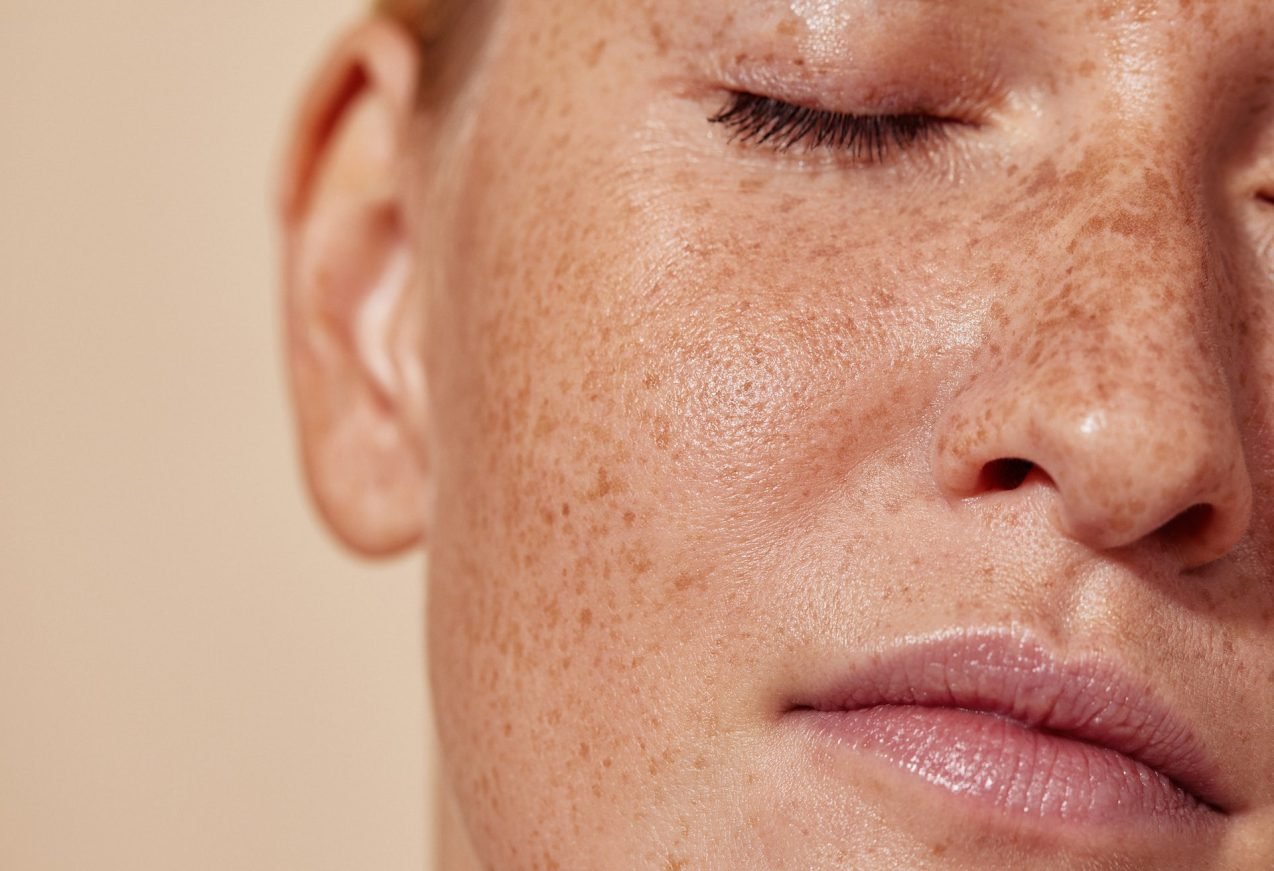The skin is the largest organ of the body, and it plays a crucial role as the first line of defense against pathogens and insults from the external environment. It provides important functions like temperature regulation and moisture retention. And despite the misconception that lipids harm your skin by causing oiliness and acne, they actually play a vital role in maintaining the skin barrier.
Lipids – organic compounds that include fats, oils, waxes and other types of molecules – are essential components of the outermost layer of skin. Changes to the skin’s lipid composition can disrupt its ability to function as a protective barrier, leading to a range of skin diseases, including eczema and psoriasis.
Human skin is colonized by thousands of species of bacteria. One of the most common microbes on the skin, Cutibacterium acnes, or C. acnes, is well known for its potential involvement in causing acne, but its broader effects on skin health are less understood.
I am a researcher in dermatology working in the Gallo Lab at the University of California, San Diego. My colleagues and I study how the skin defends the body against infections and the environment, with a particular focus on the skin microbiome, or the microbes living on the skin. In our recently published research conducted in collaboration with SILAB, a company developing active ingredients for skincare products, we found that C. acnes triggers certain skin cells to significantly increase production of lipids that are important to maintaining the skin barrier.
Skin bacteria and lipid synthesis
To determine the role that bacteria play in lipid production, we exposed keratinocytes, the cells that make up the epidermis, to different bacteria naturally present on the skin and analyzed changes in lipid composition.
Of the common skin bacteria we tested, only C. acnes triggered an increase in lipid production within these cells. More specifically, we found a threefold increase in total lipids, including ceramides, cholesterol, free fatty acids and especially triglycerides. Each of these lipid types are essential to maintaining the skin barrier, locking in moisture and protecting against damage. These findings suggest that C. acnes plays a distinctive role in the lipid skin regulation.
We found that C. acnes induced this increase in lipid production by producing a type of short-chain fatty acid called propionic acid. Propionic acid creates an acidic skin environment that provides a number of benefits, including limiting pathogen growth, reducing staph infections and contributing to anti-inflammatory effects in the gut.
We also identified the specific gene and receptor that regulate lipid synthesis through C. acnes. Blocking these components also blocked C. acnes-induced lipid synthesis.
In all, our findings highlight the substantial role that a common skin bacterium and its chemical byproducts play in shaping the composition of skin lipids.
Reinforcing the skin barrier
Our research suggests that propionic acid from C. acnes has multiple advantageous effects on the skin barrier. For example, by increasing the lipid content in skin cells, propionic acid reduced water loss through the skin.
We also found that the lipids skin cells produce after exposure to C. acnes or propionic acid have antimicrobial effects against C. acnes. This suggests that the lipids C. acnes helps produce have a dual role: They not only control the presence of C. acnes on the skin but also contribute to the overall balance of the skin microbiome so one species of microbe doesn’t dominate the rest.
In the complex interplay between the skin and its microbial inhabitants, the ubiquitous C. acnes is emerging as an important player. Further research to better understand the skin microbiome may help lead to new treatments for skin conditions.

Samia Almoughrabie does not work for, consult, own shares in or receive funding from any company or organization that would benefit from this article, and has disclosed no relevant affiliations beyond their academic appointment.

 China's RedNote: what you need to know about the app TikTok users are flocking to
China's RedNote: what you need to know about the app TikTok users are flocking to
 UK inflation falls to 2.5%, core price measures slow by more
UK inflation falls to 2.5%, core price measures slow by more
 Biggest IKEA retailer to invest $1 billion in recycling firms
Biggest IKEA retailer to invest $1 billion in recycling firms
 Japan foreign minister 'gravely concerned' about maritime tensions escalating
Japan foreign minister 'gravely concerned' about maritime tensions escalating
 Suspected outbreak of Marburg virus kills eight in Tanzania, WHO says
Suspected outbreak of Marburg virus kills eight in Tanzania, WHO says
 Japan finance minister flags action against excessive foreign exchange movement
Japan finance minister flags action against excessive foreign exchange movement
 British author Neil Gaiman denies ever engaging in non-consensual sex as more accusers come forward
British author Neil Gaiman denies ever engaging in non-consensual sex as more accusers come forward
 As Los Angeles burns, Hollywood's Oscar season turns into a pledge drive
As Los Angeles burns, Hollywood's Oscar season turns into a pledge drive
 There
There







